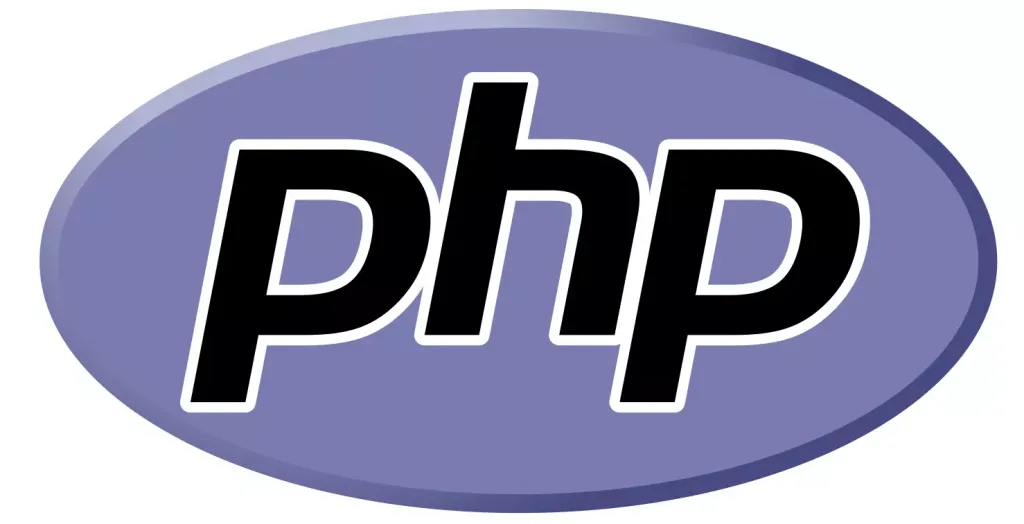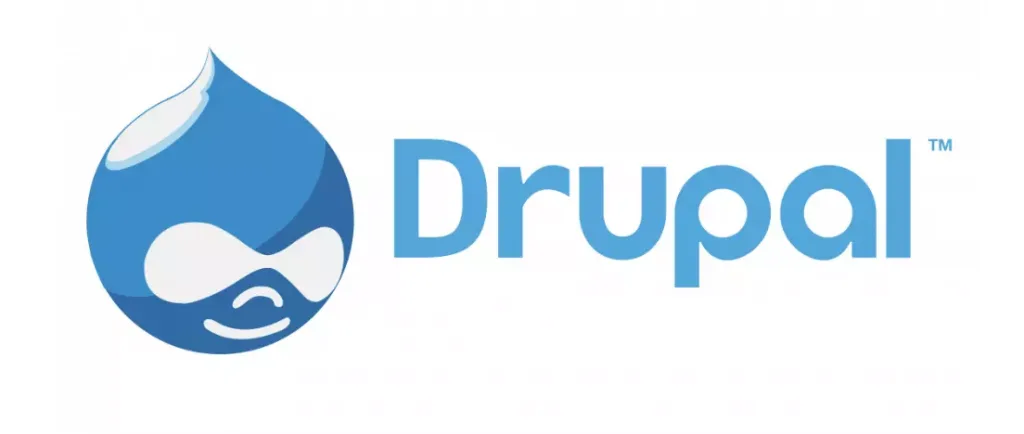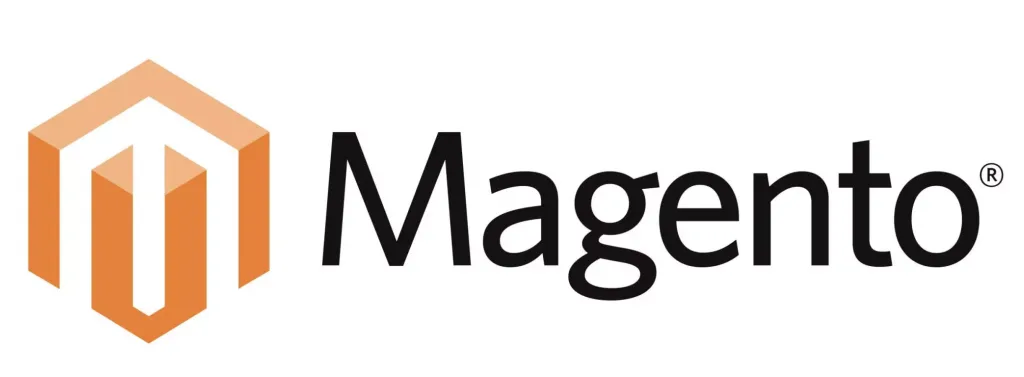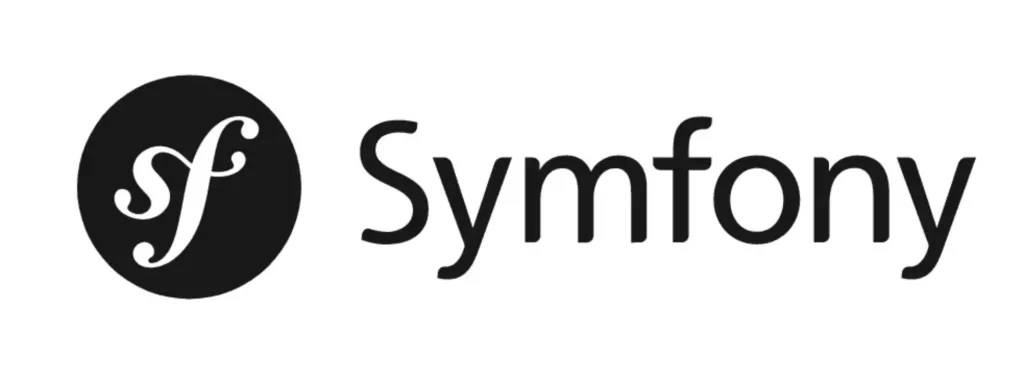This article examines the realm of PHP web app development and its crucial contribution to the growth of the digital environment. Rasmus Lerdorf created PHP in 1994, which has advanced to become a potent language for online applications. PHP has remained at the forefront of web development since then. We’ll study successful PHP-driven online applications like Facebook, WordPress, Drupal, Magento, and Symfony and their benefits, such as being open-source, scalable, and safe. We’ll also review the importance of picking the best PHP web app development firm and the critical factors to consider before starting your web development adventure. Come along as we explore the exciting world of PHP web app development.
- PHP is a versatile, open-source language that powers web giants like Facebook.
- PHP offers scalability, security, and cost-efficiency for web applications.
- Ficus Technologies is your partner for top-tier PHP web development.
What Does PHP Mean?

PHP is a server-side programming language created primarily for web development. It was created by Rasmus Lerdorf in 1994 and has evolved into a powerful and widely used language for building web applications. PHP is known for its simplicity. It is an excellent option for beginning and expert developers because of its versatility and ease of use.
The Role of Web Applications
Web apps are computer programs that operate on web servers and are accessible by users through web browsers. Web apps are far more handy than conventional desktop programs since they can be used from any device with an internet connection. They range from simple tools like email services to complex systems like online marketplaces and social media platforms.
The PHP Advantage in Web App Development
PHP’s superiority in web application development is evident through a number of advantages, making it the preferred choice for developers and businesses alike.
- Independence and cross-platform compatibility:
PHP stands out as a platform-independent language that is compatible with a variety of operating systems, including Linux, UNIX, macOS, and Windows. Its cross-platform compatibility allows you to quickly deploy it on any platform, facilitating seamless integration with other applications and data, thereby saving time and money.
- Stable connection to the database:
PHP web application development provides secure connections to a variety of databases, with MySQL being a popular and affordable choice among developers. Compatibility extends to other robust options such as PostgreSQL, SQLite, and MS-SQL, making PHP a versatile language with built-in modules for efficient database integration.
- Faster loading:
PHP web application development provides faster load times than other technologies, and memory reliability helps to load pages efficiently. This speed advantage is crucial for improving search engine rankings, which meets today’s business needs for cost-effective solutions.
- Dynamic library support:
PHP includes numerous libraries and built-in components that provide dynamic support for various functional modules and data views. These libraries accelerate the development process by creating a favorable environment for getting PHP up and running quickly and allowing you to create web applications with rich functionality and engaging design.
- They are supported by cloud services:
PHP web application development integrates seamlessly with leading cloud services such as AWS Lambda, which is in line with the growing trend of businesses moving to cloud computing. This compatibility allows PHP web applications to leverage cloud technologies for scaling, searching, storing data, and hosting websites, which contributes to their versatility and adaptability in today’s technology landscape.
Ready to unleash the power of PHP? Let Ficus Technologies guide you!
Contact UsExamples of PHP-based Web Applications
Let’s examine some well-known online apps that have been successfully created with PHP to demonstrate its capabilities further:
Facebook:

Facebook, a social media behemoth, exemplifies the incredible capabilities of PHP web app development. With billions of users and constant real-time interactions, Facebook relies heavily on PHP to power its platform. PHP’s speed, scalability, and versatility make it the language of choice for developing a platform of this magnitude. PHP’s open-source nature allows Facebook’s developers to harness the power of collaborative coding, enabling them to improve and expand the platform continually. Facebook is a prime example of how PHP can handle the complexities of a global social networking website, proving its prowess in web app development.
WordPress:

WordPress is the most popular content management system (CMS) in the world, which is a testament to PHP’s effectiveness in web app development. PHP is the backbone of WordPress, providing the language and framework for easy website and blog creation. PHP’s flexibility allows developers to customize WordPress through themes and plugins, making it adaptable to various needs. Countless businesses, bloggers, and website owners benefit from WordPress, showcasing PHP’s impact on web development for users worldwide.
Drupal:

Drupal, another notable CMS, relies on PHP to create robust and highly customizable websites. PHP’s versatility and scalability play a crucial role in Drupal’s success. The platform caters to diverse industries, including community forums, e-commerce, and education. Drupal leverages PHP’s open-source capabilities, allowing developers to contribute to its evolution continually. With PHP as its leading technology, Drupal continues to empower companies and organizations to build and maintain complex websites and web applications.
Magento:

Magento, a powerhouse in the e-commerce industry, demonstrates PHP’s aptitude for building scalable and feature-rich web applications. PHP forms the foundation of Magento, making it a well-liked option for companies looking to build a strong internet presence. The platform’s ability to handle extensive product catalogs, orders, and payments showcases PHP’s high-speed performance and scalability. Many companies rely on Magento to power their e-commerce websites, highlighting PHP’s role in shaping the digital shopping experience.
Symfony:

Symfony, a high-performance PHP framework, simplifies web application development and highlights PHP’s adaptability. Symfony provides developers with reusable PHP components and libraries, streamlining the development process. Companies across various industries leverage Symfony to create web applications tailored to their needs. By incorporating Symfony’s modular architecture, developers can select the components that best suit their project requirements. Symfony exemplifies how PHP can be harnessed to build efficient and customizable web platforms.
Conclusion
This article of PHP web application development has highlighted its key role in shaping the digital landscape. Since its introduction in 1994, PHP has evolved into a versatile open-source language that powers giants like Facebook and WordPress. Its scalability, security, speed, cost-effectiveness, and customizability make it the best choice for a variety of web applications. Choosing the right PHP web application development firm is crucial, and Ficus Technologies stands as your partner for top-notch PHP development. Thanks to its simplicity and adaptability, PHP continues to be at the forefront of web development, influencing applications across a variety of industries. Whether it’s the social connectivity of Facebook, the content management prowess of WordPress and Drupal, the e-commerce excellence of Magento, or the efficiency of the Symfony framework, PHP is a reliable companion to building dynamic and feature-rich web applications.
PHP is an ideal choice for web app development due to its versatility, scalability, and cost-efficiency. Being open-source, PHP fosters innovation and collaboration, empowering developers to create feature-rich applications. Its scalability accommodates projects of any size, and its high-speed execution is crucial for responsive user experiences. With robust security features and economic efficiency, PHP stands out in the competitive web development landscape, making it a strategic choice for businesses seeking a powerful and cost-effective solution.
PHP is the backbone of major web applications like Facebook and WordPress, showcasing its exceptional capabilities. For Facebook, PHP’s speed, scalability, and open-source nature handle real-time interactions with billions of users. WordPress, the world’s most popular CMS, relies on PHP’s flexibility to empower users to create customizable websites. Both platforms benefit from PHP’s collaborative coding, allowing continuous improvement. PHP’s adaptability, high-speed performance, and collaborative development make it the language of choice for powering successful and influential web applications globally.








